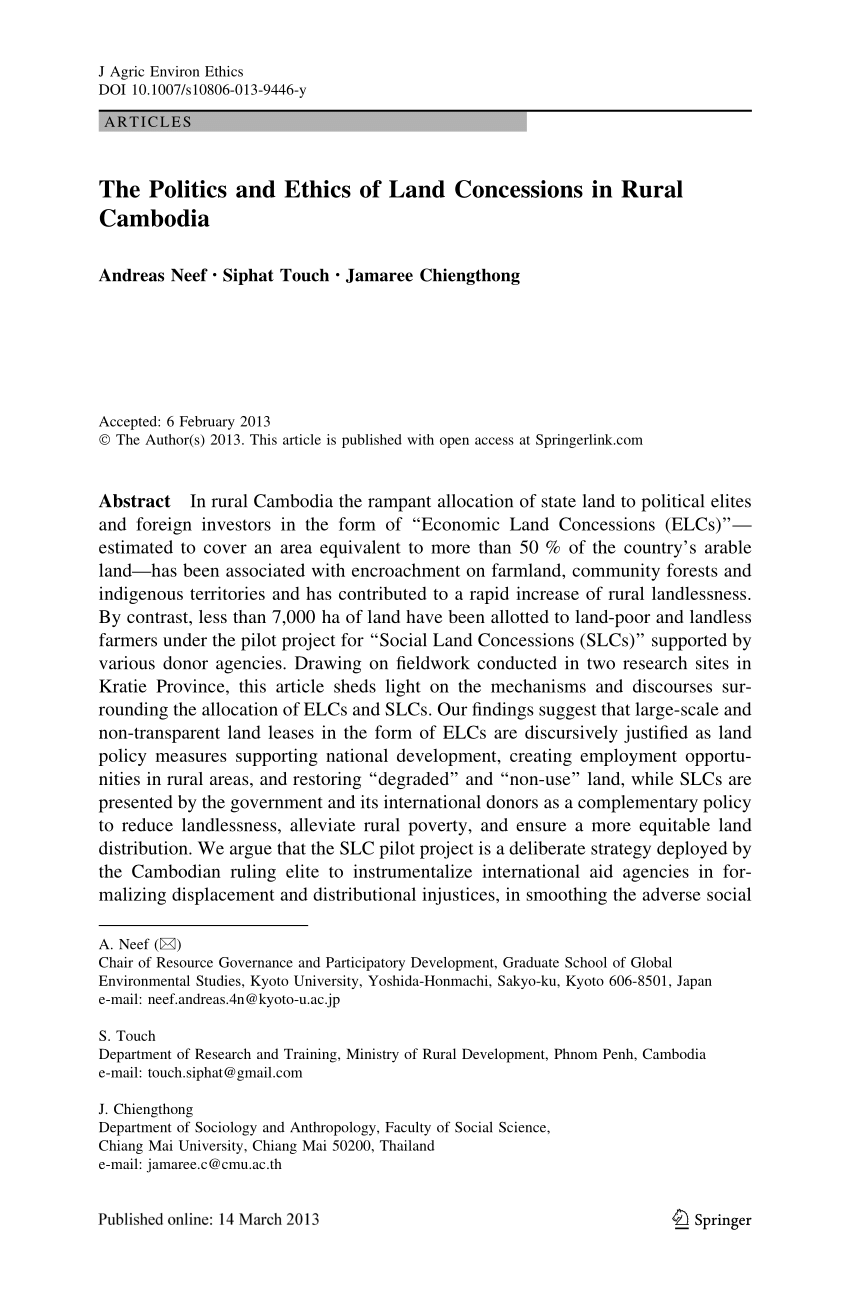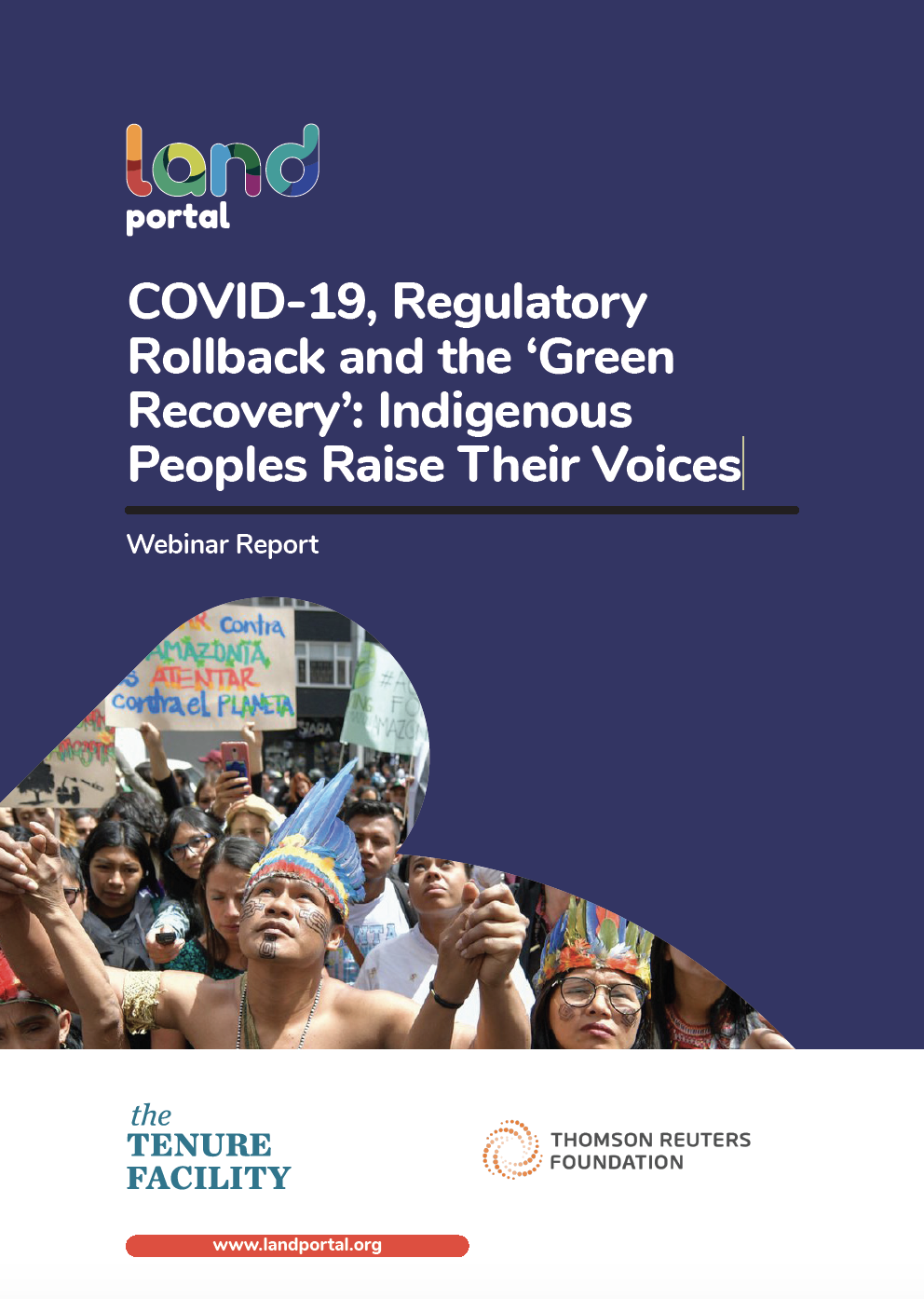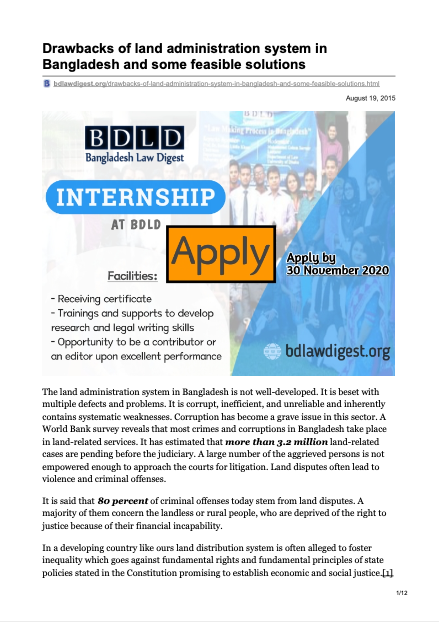The gendered impacts of large-scale land based investments and women’s responses
This scoping study analyses gendered impacts of large-scale extractives, hydropower and agribusiness investments that result in communities’ changed access to and control over land, water and other natural resources. Large-scale commercial pressures on natural resources have been on the rise over the course of the past decade leading to growing concerns on their costs, benefits and human rights impacts.











